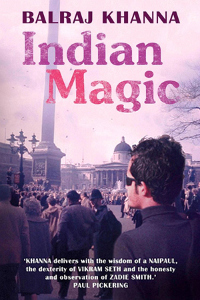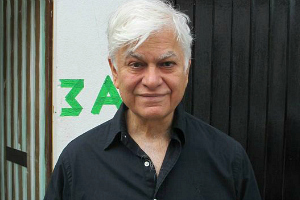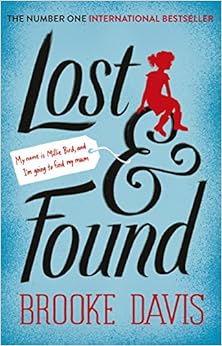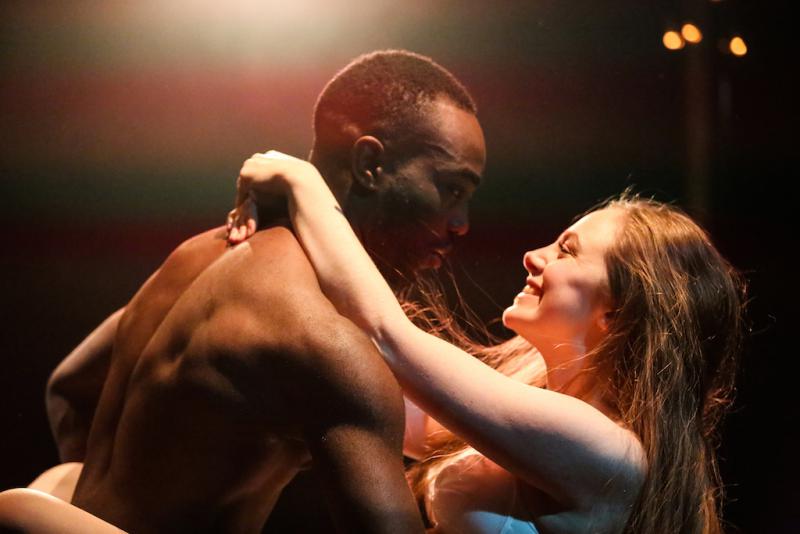This review was first written for The Public Reviews
Ustinov Studio regulars have become accustomed to taking their comedy black, following an autumn 2014 season which culminated with Eugène Ionesco’s Exit the King. But The Harvest, the first production of the Ustinov’s spring 2015 World Theatre season and a UK premiere for Belarusian writer Pavel Pryazhko, promises to be different. A comedy, certainly, but one which at first suggests a lighter sort of madcap mayhem.
Egor, Ira, Valerii and Lyuba are busy in the orchard at harvest time, picking apples and packing them into crates. A task which at first seems straightforward, pleasurable even, rapidly descends into farce as they discover they may not have been handling them with due care. It will only take one bad – or even slightly imperfect – apple to infect the rest of the crate, a realisation which leads our fruit pickers to a detailed re-examination of all the apples that have so far been packed. But then the crates which carry them prove not to be up to the job either – and attempts at nailing them back together lead to a comedic ratcheting up of the tension with bloodshed and a general descent into chaos.
The set, designed by Madeleine Girling, is simple yet extremely effective, an orchard of apples suspended individually on strings from above and four ladders which are climbed to pick them. The cast of four is flawless and mines all the comic potential of the piece as the actors effortlessly inhabit the different levels. The two young men Egor and Valerii (Dafydd Llyr Thomas and Dyfan Dwyfor) ascend to pick the fruit and then compete to hand it down and show off their prowess – or lack of it. Valerii asserts himself as something of an expert on apple handling and so Egor must retaliate by taking the lead in crate repairs. They are alternately goaded and assisted, flirted with and mocked, by the two young women Ira and Lyuba (Beth Park previously seen in Exit the King and Lindsey Campbell who was in another Ustinov UK premiere,The Big Meal) with often hilarious results.
Under former RSC artistic director Michael Boyd’s direction, the pace is beautifully judged as the fallout of the fruit-pickers’ labours becomes increasingly funny and messy. The simple task of hammering a nail into a crate takes on epic proportions and the wastage rate of the harvest becomes exponentially high. There is a delicious scene where the foursome realise that all the apples they have rejected as damaged no longer need to be handled with care – the ensuing melee almost giving the front row of the audience a taste of the action.
Pavel Pryazhko has already garnered a cult following for his work in the “New Drama” movement in Russia and the post-Soviet nations and his hour-long play can be interpreted on many levels. It’s a wry and succinct take on the borderline bureaucracy inherent in even the simplest of processes in Soviet and post-Soviet society. It’s an indictment of modern day Belarus with its stagnant economy where, after Chernobyl, the young fear being outside too long and need increasing amounts of medication. Yet in many ways this hapless foursome could almost be migrant fruit-pickers in the UK, facing the all-encompassing hostility of a foreign land as they stare fearfully into the distance. Above all, in focusing on a supposedly simple task of fruit picking, The Harvest creates a microcosm of human existence – a striving for supremacy, a storm of flirtation and love, jealousy and in-fighting, all wrapped up in the humour necessary for survival. The bleakness may be hinted at rather than explicit, delivered with absurdist belly-laughs, but all the depth of the Ustinov’s previous season is still here.
Runs until 11th April 2015 | Photo: Simon Annand










